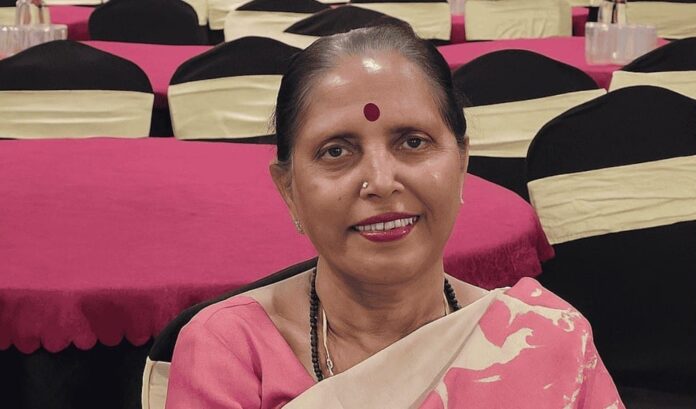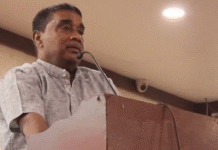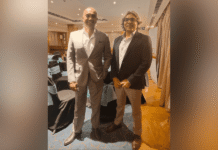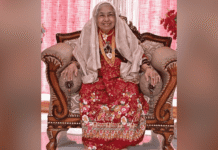Sri Vijaya Puram, June 17: In the Andaman Islands, when someone needs help finding a rare blood group in an emergency, it is not uncommon for the first call to go to Ratna Kannan. She does not head an NGO or hold a government post. But over the years, her number has become one of the most frequently dialled during medical or welfare-related crises.
Those familiar with her work describe Kannan as a consistent presence in the community, especially in matters related to women’s education, health outreach, and informal support networks. Her reputation has been built less through public visibility and more through her direct involvement in case-by-case interventions.
“My purpose has always been clear,” she says. “To make the islands a place where every citizen feels safe, supported, and empowered.”
A former government schoolteacher, Kannan was closely associated with the Condensed Course of Education for adult women, many of whom had never completed formal schooling. The programme eventually grew to include vocational training and awareness modules on financial literacy and basic legal rights. People involved in these initiatives recall that her role focused on outreach, mobilisation, and helping women navigate unfamiliar administrative systems. In addition to this work, Kannan also served as the Chairperson of the Social Welfare Board for six years, further strengthening her commitment to community welfare and women’s empowerment.
In addition to her work in education, Kannan was one of the earlier women in the islands to independently run a small tailoring unit. This workshop supported the production of school uniforms and provided skill-building opportunities to local women. While modest in scale, it is cited by those who know her as one of the few self-run women-led enterprises in the region at the time.
She has also been involved in awareness campaigns concerning domestic violence, gender sensitivity, and access to entitlements. These sessions were often conducted in informal spaces, temples, local halls, or community gatherings, rather than through formal institutions.
“The emotional toll family struggles take on women and young minds can be devastating,” Kannan notes. “I want them to reclaim their agency and choose a life they truly want.”
Kannan played a key role in the establishment of the Sai Baba temple in Sri Vijaya Puram, which, according to residents familiar with its history, occasionally hosts informal welfare-related meetings or support activities alongside religious functions.
In 2024, she served as Charter President of the Lions Club of Aberdeen Andaman. During her tenure, the club implemented several small-scale initiatives, including the distribution of sewing machines and the awarding of student scholarships. She has since stepped away from the organisation and is no longer associated with any formal civic body or political entity.
Recent community observations suggest her work now includes connecting families to government schemes, informal mentoring for women-led businesses, and assistance with disability access, though always through personal networks rather than formal programmes.
People who have worked with her over the years note that she avoids public recognition and prefers to operate quietly, usually behind the scenes. Despite not holding any official title today, her name continues to circulate in local networks as someone who can be relied on when systems fall short.





